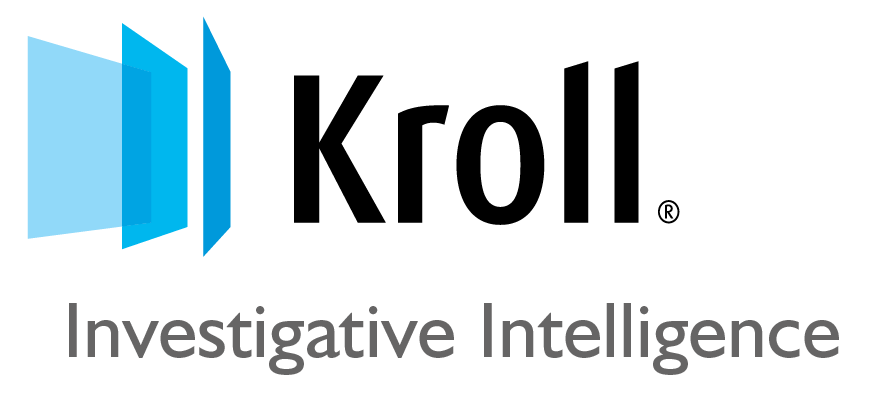| A remarkable career has seen General Counsel Chua Lee Ming spend time as coroner, magistrate, public prosecutor, and private practitioner. The opportunity to go in-house to set up and lead a legal department arose twelve years ago, and he shares with us some of his reflections on being an in-house counsel. |

Asian-Counsel: How did your career lead you to your current role with the Government of Singapore Investment Corporation Pte Ltd (GIC)? Whilst in the Legal Service, I had the benefit of learning both legal skills and ethics from the best lawyers who appeared to argue cases before me, or who were on the opposite side. My experience in the judiciary taught me the importance of stepping back and looking at issues objectively; this helps crystallize the critical issues of a problem. It therefore took a lot of soul searching when the GIC offer came. In the end, what GIC had to offer in terms of experience and exposure was just too compelling. After all, GIC invests all over the world, in the capital markets, in real estate, in private equity, and in infrastructure. Two other reasons influenced my decision to go in-house. Firstly, I had had experience in the Legal Service and in legal practice. Going in-house would complete my experience. Secondly, I had noticed that the in-house role was evolving fast, and the challenge to be part of this evolution was an inviting one. I have had no reason whatsoever to regret or have second thoughts about going in-house at GIC. The experience has been rich beyond what I could have imagined. Testament to this is the fact that I have just completed my twelfth year in GIC! AC: How has the in-house role evolved during your years in practice? There is also increasing use of in-house counsel as a means of reducing legal costs. In a way, this has put more focus on when and how one resorts to using external counsel. AC: What qualities do you think in-house counsel should have? Often, an in-house counsel is also required to deal with colleagues from different sections of the organization, and who may have conflicting interests. Sometimes, he or she may also have to manage “boundary” issues or disputes. It is important therefore that in-house counsel should have good interpersonal skills, and be good negotiators and mediators. AC: In your opinion, what are the main challenges faced by in-house counsel? A third challenge in-house counsel face relates to legal professional privilege. The European Court of Justice has held that as an in-house counsel is an employee, he or she cannot be considered independent and therefore internal communications with in-house counsel are not protected by legal professional privilege. The latest case on this is pending the appellate court’s decision. Although the decisions pertain to competition cases involving the European Commission, there is a danger that an in-house counsel’s independence may come under siege in other jurisdictions, including those jurisdictions that afford the protection of legal professional privilege to communications with in-house counsel. In my view, the assertion that an in-house counsel cannot give independent advice merely because he or she is an employee is one that sadly fails to understand the role played by in-house counsel in today’s world. Where it can be shown that an in-house counsel has in fact not acted independently in any specific case, the court may hold that the in-house counsel was not acting qua legal adviser with the consequence that the relevant communications would not then be protected by legal professional privilege. Absent evidence that an in-house counsel has not acted independently, the protection of legal professional privilege should not be denied merely on the ground of the in-house counsel’s status as an employee. It is true that, in the common law system at least, legal professional privilege belongs to the client. However, legal advisers (including in-house counsel) can discharge their duties effectively only if those who depend on them for legal advice can consult with them in confidence. The ability to obtain effective legal advice, whether from external counsel or in-house counsel, makes for a better legal system. AC |
| IN-HOUSE OPINION: If you are an in-house counsel and you have a comment or an opinion you’d like to share either on this article or its subject matter, contact us at: inhouse@inhousecommunity.com with the article title in the subject line, stating clearly if you wish your comments to remain ‘Private’ or ‘Anonymous’. |



















